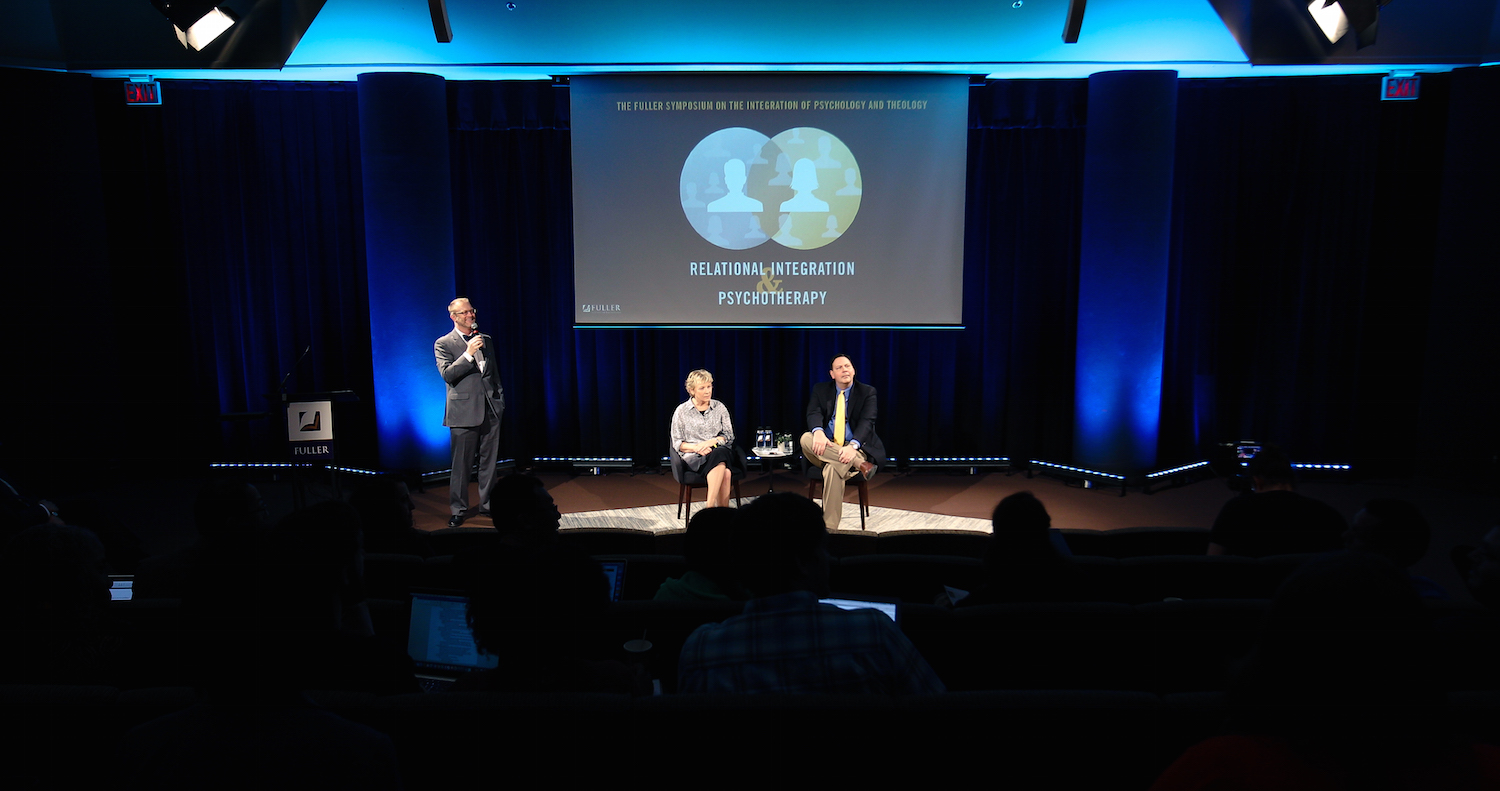“Integration is a relational process. It’s people who either participate or resist integration. Collaboration across disciplines is a lot more complicated than maybe is commonly acknowledged, but it’s been intriguing to see what it means to work with people who have expertise and specialization that I don’t who can speak from their strengths in their discipline and allow me to speak from mine.”
+ Steven Sandage, the Albert and Jessie Danielsen Professor of Psychology of Religion and Theology at Boston University, introduces a relational model to the integration of psychology and theology and applies it to theories of spirituality, power, differentiation, and more. Sandage spoke at the 2017 Fuller Symposium on the Integration of Psychology and Theology, an annual lectureship hosted by Fuller’s School of Psychology. Watch highlights from the event above, and learn more about the lectures and responses below.
“In some Christian circles and mission circles, disorientation is often seen as a threat in the spiritual life. I’ve come not to see it as a threat, but the threat is lying in the lack of reorientation. . . . this cycle regarding our relationship with God is especially important for mission practitioners who have to nurture their relationship with God in many different contexts.”
+ Evelyne Reisacher, associate professor of Islamic studies and intercultural relations, applies Steven Sandage’s model to missional contexts and reflects on cross-cultural work, interfaith dialogue, and more. Watch Sandage’s first lecture and her response here:
“As humans we are created to long for and be in relationship. Our trinitarian God who created us in his image has instilled in us a desire to belong to one another and to live interdependently. Belonging gives us security, and it serves as a secure base from which we can live into our imaginations and flourish without fear.”
+ Miyoung Yoon Hammer, associate professor of marriage and family therapy, on a Christian response to a culture of narcissism. Watch Sandage’s second lecture and her response here:
“The Trinity seems to suggest . . . a dynamic that human beings might seek to resemble socially and psychologically. It is an integrity through difference rather than a competitive drive to overwhelm difference in pursuit of the perceived comforts of sameness, which is a spurious unity or integrity, but a patience with difference that feeds integrity by mutuality.”
+ Tommy Givens, assistant professor of New Testament studies, on trinitarian theologies that oppress others, theology’s task of dismantling “romanticized notions of God,” and the possibility of hope in the midst of trauma. Watch Sandage’s third lecture and his response here:

+ All content on this page is drawn from the 2017 Fuller Symposium on the Integration of Psychology and Theology. Commonly known as the Integration Symposium, this annual lectureship hosted by Fuller’s School of Psychology features a nationally recognized scholar focusing on a single integrative issue.
